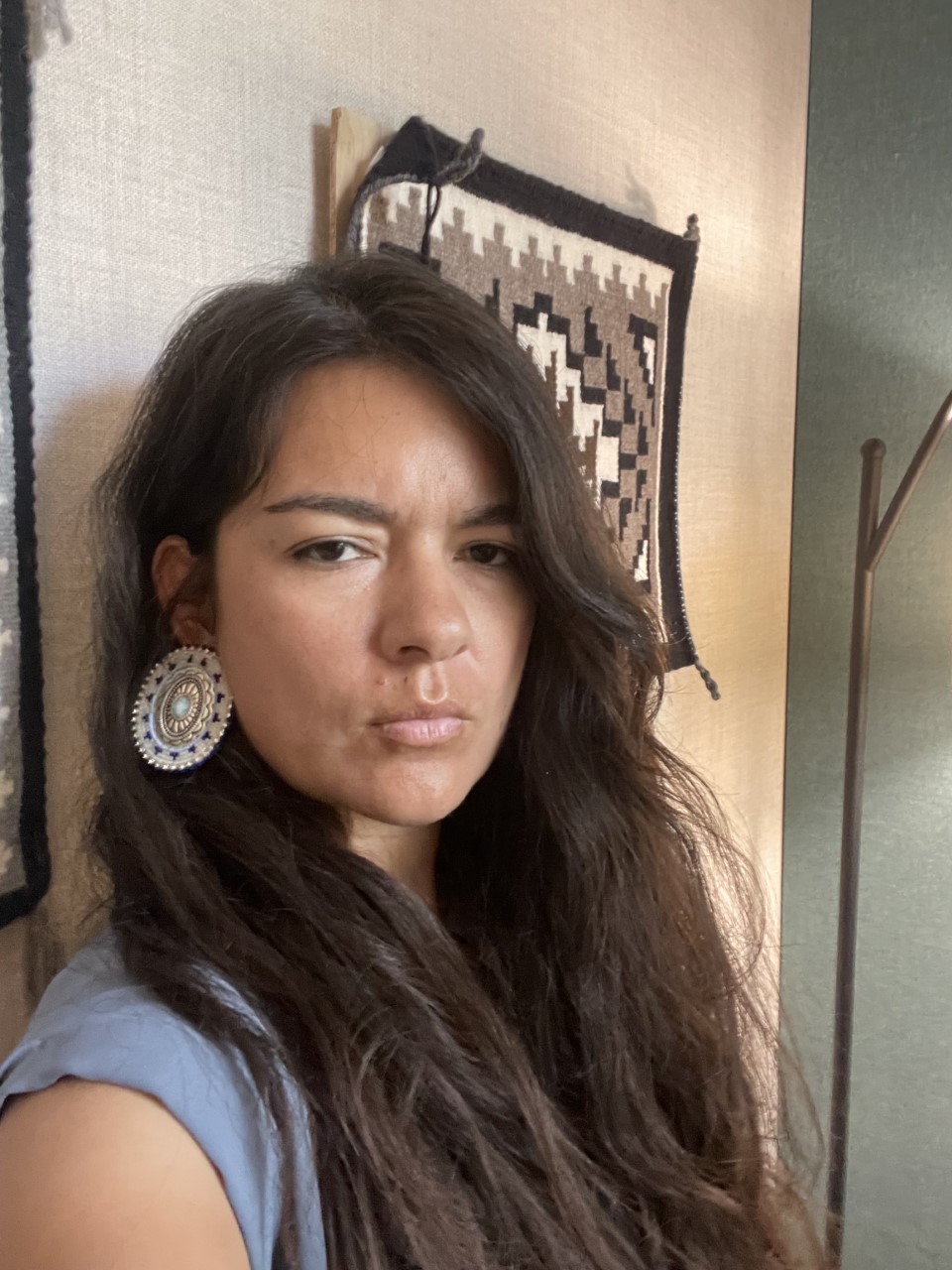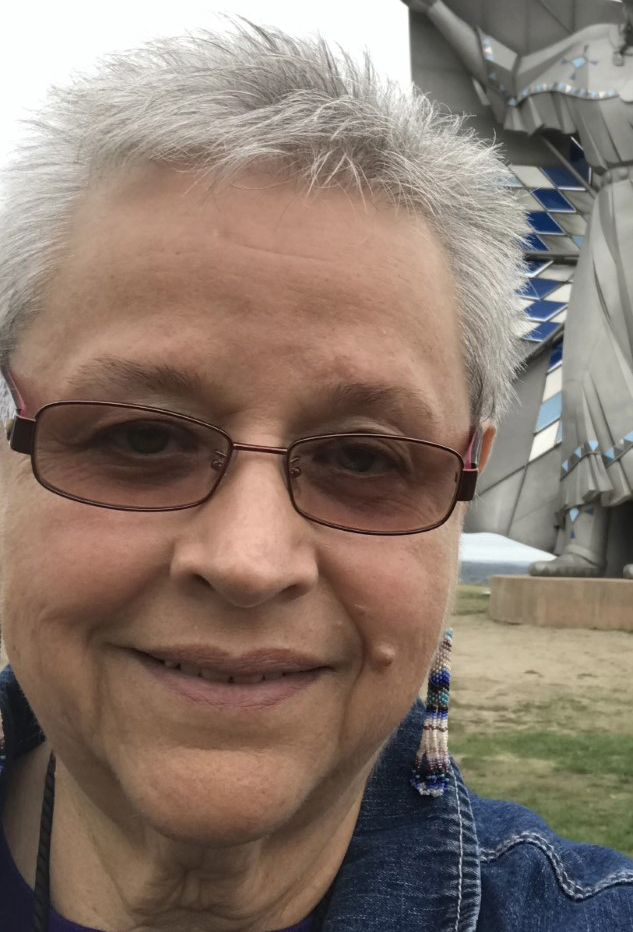Tribes Show Little Interest in Offering Abortions on Reservations Despite Speculation They Could
Rachael Lorenzo started hearing the questions various weeks ago from strangers on Twitter and reporters searching for interviews: Considering the fact that Indigenous American tribes are sovereign nations, with their possess rules, could they offer abortion providers on Indigenous land within states that could before long outlaw abortion?
And would they?
The speculation started previous month, following a leaked draft of a U.S. Supreme Court docket view proposed the courtroom is poised to overturn Roe v. Wade, the 1973 determination that assured the proper to an abortion nationwide.
Lorenzo and other Indigenous abortion legal rights advocates say the thoughts have mainly come from non-Native men and women.
The advocates stated they hadn’t read of any tribe or Indigenous firm advocating for opening clinics on tribal land to present abortion expert services. Prepared Parenthood, the nation’s foremost provider of abortions, advised KHN that it is not discovering this solution and that these types of decisions ought to be still left to Indigenous people.
Any these approach would be fraught with authorized, financial, and political hurdles, the advocates explained. And they wondered why a lot of people now asking about opening clinics on reservations didn’t seem fascinated in health and fitness treatment entry there right before abortion legal rights have been threatened nationwide.
“All of a sudden, this problem that’s going to impact white women also — or affect white girls extra broadly — now we’re remaining viewed as the prospective savior,” Lorenzo mentioned. “It really should not be on tribal nations to go earlier mentioned and over and above when so a lot of tribal nations by now have quite limited resources.”
Lorenzo — who is of Mescalero Apache, Laguna Pueblo, and Xicana heritage — is the director of Indigenous Ladies Soaring, an Albuquerque-based nonprofit that assists Indigenous people today in the United States and Canada manage abortions.

Lauren van Schilfgaarde, a lawful clinic director at the UCLA University of Law and a member of the Cochiti Pueblo, explained that people are on the lookout for methods to guarantee abortion obtain if Roe v. Wade falls but that the reservation option is problematic. “I imagine folks are throwing spaghetti at the wall and then instantly remembered, ‘Oh, yeah, tribal sovereignty.’”
“It’s kind of a odd argument to say, ‘Oh can tribes assist?’ Like, no, tribes are previously in a even worse placement than you are,” she claimed.
Some tribes deficiency running water and funding, Numerous Indigenous persons — after qualified with nonconsensual sterilizations — continue to really don’t have access to higher-quality health and fitness care.
Oklahoma is among the states generating countrywide headlines for passing abortion limitations. Its governor, Republican Kevin Stitt, is also pushing back again versus a 2020 U.S. Supreme Courtroom choice that expanded tribal jurisdiction in the condition. Stitt mentioned in the course of an appearance on Fox News in Might that he thinks tribes may check out to offer “abortion on demand from customers. They think that you can be 1/1,000th tribal member and not have to follow the state legislation. And so that’s a thing that we’re viewing.”
Carly Atchison, a spokesperson for Stitt, informed KHN that the Oklahoma attorney general’s business office encouraged the governor that tribes may well be in a position to offer abortions on their land. She stated she hadn’t observed any distinct assertion from tribes on no matter if they may well check out.
Spokespeople from the five major tribes in Oklahoma did not react when KHN questioned irrespective of whether any tribal members or elected associates had prompt presenting abortions.
But Cherokee Country Principal Chief Chuck Hoskin Jr. did reply to Stitt’s remark. “Speculating on what tribes should do primarily based on a leaked U.S. Supreme Court docket draft determination is irresponsible,” Hoskin wrote in a assertion released to the media. “Just as irresponsible is the governor of Oklahoma and his disguised media marketing campaign, which is really intended to attack tribes and our sovereignty.”
Lorenzo and other Indigenous advocates said numerous non-Indigenous men and women now talking about the doable use of reservation land for abortions have been silent on connected issues that influence Native People.
Quite a few Indigenous individuals dwelling on reservations have lacked access to abortion companies because 1976, when the so-named Hyde Amendment went into outcome, Lorenzo reported. By means of the Hyde Amendment, Congress prohibited federal cash from becoming utilized to fork out for most abortions. And that indicates the federally funded Indian Wellness Provider — the primary well being treatment supplier on a lot of reservations — can provide abortions in only minimal situations.
Even if tribes preferred to allow for abortion products and services on their land, the legality of performing so would be murky, van Schilfgaarde mentioned. Legal scenarios on Indigenous American reservations are handled by tribal, condition, or federal courts, dependent on the scenario.
Non-Indigenous persons accused of committing crimes versus other non-Indigenous people inside of a reservation’s boundaries are generally less than condition jurisdiction, van Schilfgaarde stated. So if a condition outlaws abortion, condition prosecutors may be equipped to cost a non-Indigenous health practitioner who supplied abortions on a reservation.

The authorized inquiries could get even additional complex beneath a new kind of abortion restriction, initial found in Texas, van Schilfgaarde explained. She expects to see a lot more of people legal guidelines, which are enforced in civil, as a substitute of felony, courts. Figuring out whether tribal, state, or federal courts have jurisdiction in civil cases is even more challenging than it is in prison conditions, van Schilfgaarde stated.
Lawful challenges wouldn’t be the only barriers to supplying abortion solutions on tribal land. Tribal councils would be unlikely to approve these types of clinics, stated Charon Asetoyer, govt director of the Native American Women’s Health Training Resource Center on the Yankton Sioux reservation in South Dakota.
Asetoyer said a lot of tribal leaders’ sights on abortion are formed by faith. “The churches have a pretty massive maintain,” she stated. “Politically, I assume it would be incredibly challenging to see a single of our leaderships stand up for the legal rights of women of all ages. I definitely do not imagine it’s likely to materialize.”
Other problems could involve funding and staffing these types of clinics, furnishing safety for staff members and clients, navigating any licensing obstacles, and paying for attorneys to protect from envisioned lawsuits.
Asetoyer also observed that some clinics, such as the a person in South Dakota, have had to fly in medical practitioners from other states to conduct abortions. Would those medical practitioners be ready to journey to reservations, some of which are a several hours’ travel away from the closest airport?
Though the existing conversation about likely abortion providers on Indigenous land is mainly becoming raised by non-Indigenous folks, Indigenous People have their have record of abortion and reproductive rights advocacy.
In 2006 on the Pine Ridge Reservation in South Dakota, Cecilia Hearth Thunder attempted to open a clinic that would have delivered women’s health and fitness care expert services, which includes abortion. The clinic program was spiked following the Oglala Sioux tribal council ousted Fire Thunder, the tribe’s first woman president.






